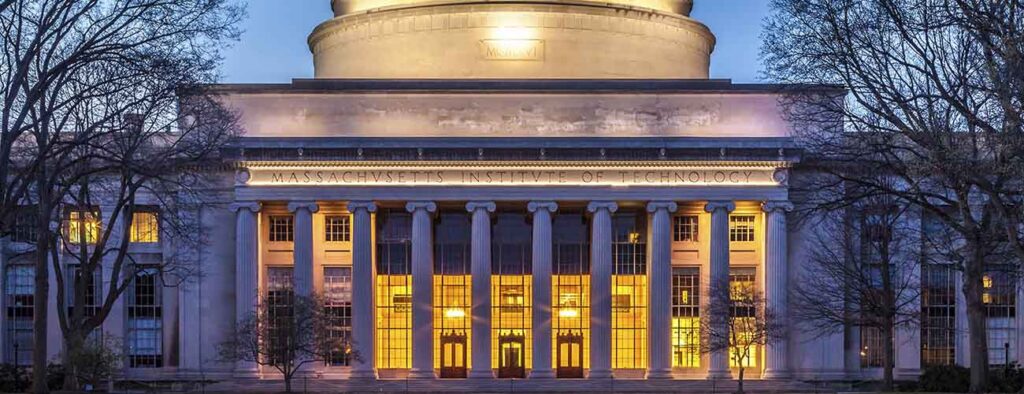HBCU Science Journalism Fellowship
This new fellowship, launched in 2024, is geared toward students at Historically Black Colleges and Universities who have an interest in science, health, and environmental reporting. The fellowship includes a one-week in-person summer camp and a one-year mentorship experience.
A faculty of distinguished science journalists, a team of dedicated mentors, and editors from leading publications will provide the 10 selected fellows with intensive training, coaching, and opportunities to pitch science stories to national and regional outlets. Each fellow will receive a $5,000 stipend.
A Week at MIT
Students selected for the fellowship will attend a one-week science journalism summer camp in June at the Knight Science Journalism Program’s Cambridge, MA, headquarters.
While at MIT, fellows will have opportunities to: receive hands-on science journalism training from award-winning journalists, visit world-class science institutions, learn about careers in science journalism, and network with editors at top publications.
Fellows’ travel expenses for the summer camp are covered by the Knight Science Journalism Program.
A Year of Mentorship
Following the summer camp, fellows will receive continuing support to pursue freelance
reporting assignments, including:
- a year of dedicated mentorship from a professional science journalist, who will help the fellow develop and polish pitches;
- opportunities to pitch to editors at leading national and regional publications;
- travel funding to attend a national science writers conference.
The mentorship experience begins after the summer camp in June and runs until the following May. Fellows are required to develop and pitch four story ideas during the year.
Who is eligible?
The HBCU Science Journalism Fellowship is open to rising juniors, seniors, and graduate students at participating universities who are motivated to report science, health, or environmental stories for general audiences. Fellows need not have formal scientific training, but they should have a healthy curiosity about how the world works. Some familiarity with science and research is a plus.
Note: Applications have closed for the 2024-25 class of the HBCU Science Journalism Fellowship.
Questions?
Please address all inquiries to: knight-info@mit.edu


